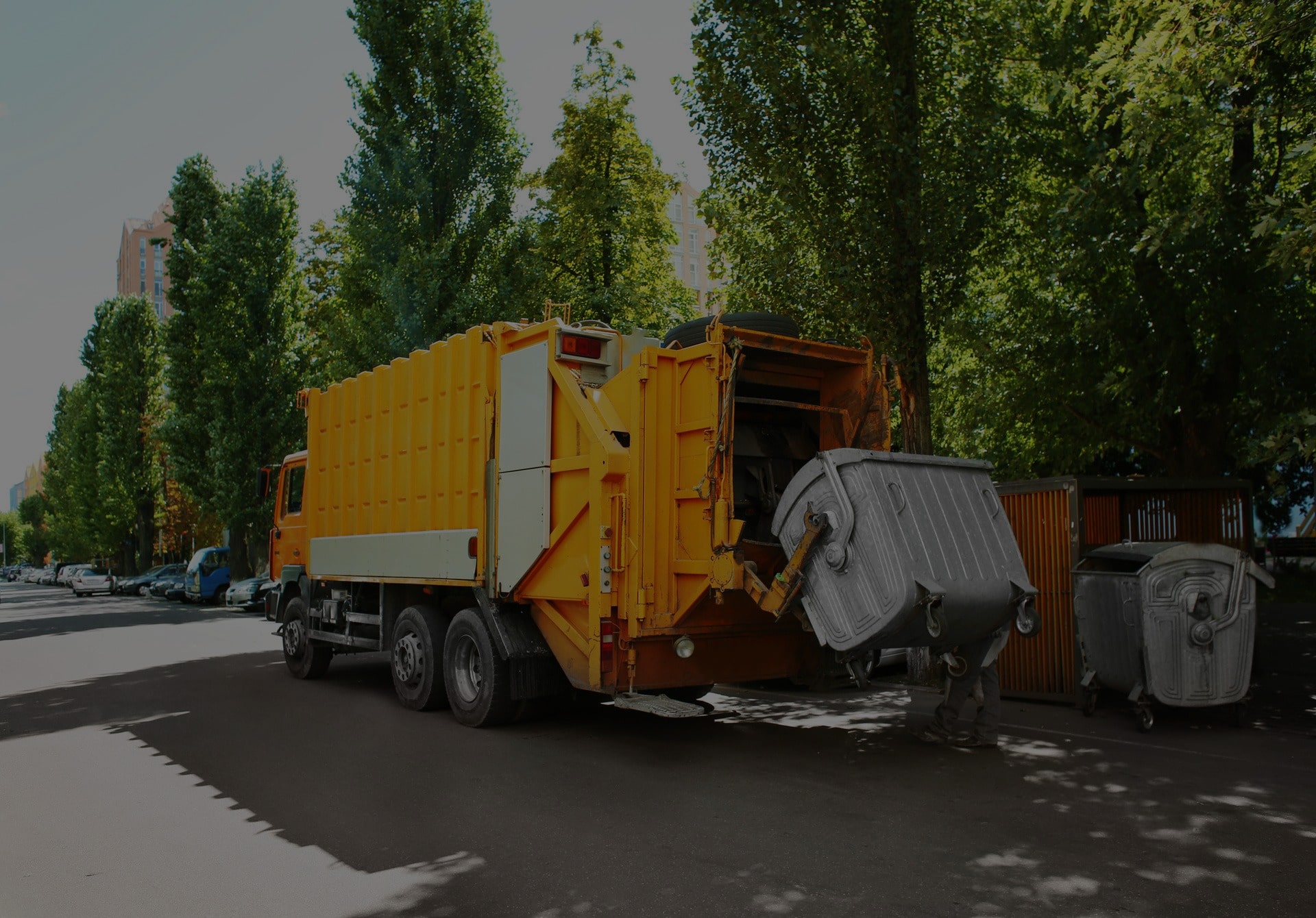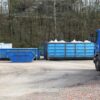Hot Weather and Waste Management –
Many businesses spend money on lengthy lunches, vacation days, and workplace picnics throughout the summer, but there’s no fun in the sun for commercial garbage and recycling services. The main issues for regular waste collection and disposal arise during the heat, despite the fact that the postal service may bemoan the arrival of rain, snow, or sleet.
The US and Canada are already experiencing historic heat waves, which is setting the stage for previously unheard-of issues in waste management. Hot weather does even more damage to the industry, which is already plagued by bad aromas, vermin, and overflowing rubbish on the business side.
Hot weather may make the procedure into a true dumpster fire—for everyone involved—as a result of dealing with service delays, mechanical failure, and landfills primed like powder kegs. But during the hot season, a little planning and prudence may go a long way. To fight the heat, your company should be aware of (and ready for) the following.
How Heat Disrupts Routine Services in Your Business
The difficulties with your company’s regular waste and recycling service increase along with the temperature. And chances are, you are fully aware of these issues when they occur.
The impact of odor from higher temperatures may be the most poignant. Bacteria can develop more quickly in warm, humid environments, and odors can travel further. Additionally, humidity prolongs the duration of those wafting odors. This implies that any standing waste—whether it comes from restaurant food waste, a well-intentioned office fridge clean-out, or un-bagged rubbish—will start to generate a potent stink far sooner than in the cooler months.
Pests, a sanitary annoyance and a danger to property for businesses, frequently accompany stink. Flies are drawn to expired food, decaying garbage, and even food stains on glass, plastic, and other recyclable materials. Flies move in and infest hot rubbish piles with maggots when they see this, creating an unpleasant condition that any business would prefer to avoid.
Depending on the locality, standing waste might also draw insects, raccoons, birds, mice, opossums, bears, and other animals. These opportunistic critters could invade your facility long after the rubbish is carted away if your company frequently permits garbage to linger for extended periods of time or neglects to take precautions to protect bins and dumpsters—a problem that was most recently documented in Philadelphia.
Compacted recycling and other debris pose a fire risk even in the absence of extra food waste or food that has spoiled. Large-scale clean-outs of hazardous and flammable materials, which were frequent before the COVID-19 epidemic, increased during the pandemic, along with dumpster fires and compactor truck explosions.
As part of curbside and commercial MSW or recycling services, oil-soaked rags, aerosol cans, propane tanks, batteries, e-waste, fertilizers, pool chemicals, and even lighter fluid are frequently recycled or thrown away. Some of these things have the potential to spontaneously burn under the correct circumstances. Others, like lithium-ion batteries, only need a little heat and friction from being jostled around in a truck or metal can. In the driest conditions, a single cinder from a fireplace clean-out or cigarette butt will start a fire.
Many firms logically wish to increase the frequency of their regular service and request container exchanges before they are at capacity because to the inherent safety issues, unattractive overflows, and unbearable odors. Unfortunately, the heat isn’t just causing problems for business clients.
Large-Scale Industry Incidents and Slowdowns and How Heat Causes Them
The number of requests increases and remains high throughout the summer as bigger areas of the country endure prolonged hot weather. Additional pickups are increasingly needed to reduce odors and annoyances, but they are regularly delayed because of the high demand. The demand for roll-off open-top dumpster services, which are frequently utilized for big projects like construction and warehousing, is at its highest in the summer.
Haulers struggle to keep up with deliveries and collections despite the anticipated flux. Without careful planning, it’s conceivable that your company could find itself in a very unpleasant scenario, especially if the COVID-19 labor crisis is aggravated. Heat slows down business operations across the board, from overbooked compactor truck drivers to landfill and materials recovery facility (MRF) workers.
Actions You Can Take as a Business to Prepare
A few easy preventative steps can make a significant difference because no business wants to be forced to operate in the heat or stink for longer than necessary. We’ll maintain simplicity.
Ensure Your Place
By adhering to industry best practices, such as locking containers with lids, separating the unit from your structures, and keeping it out of direct sunlight, you may reduce pest control, odor problems, and fire concerns.
The Bin Has No Flammables
Make sure no combustible or flammable liquids, such as gasoline, oil-based paint, ammonia, paint thinner, bleach, insecticide, etc., are thrown away. These require your hauler to make a special pickup.
Cans of aerosol that still have propellant inside are not allowed; however, cans that have been totally emptied can be recycled conventionally. Additionally, never add hot materials like fireplaces, cigarette butt receptacles, or grill clean-outs to your trash to prevent it from catching fire like a tinderbox.
Advanced Order Dumpsters and Roll-Offs
For large units that need to be delivered and replaced, delays are unavoidable during the warmer months when demand is at its peak. The receptacle must be sought in advance if a project is planned. If you need a roll-off dumpster in the southern Florida area, contact us and request a quote. We offer dumpster rentals, waste management services and recycling services. Contact us here.






